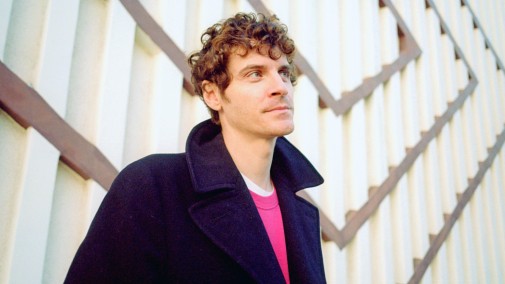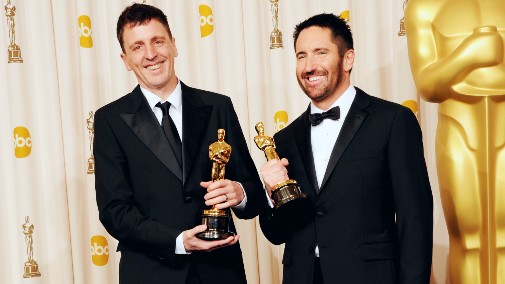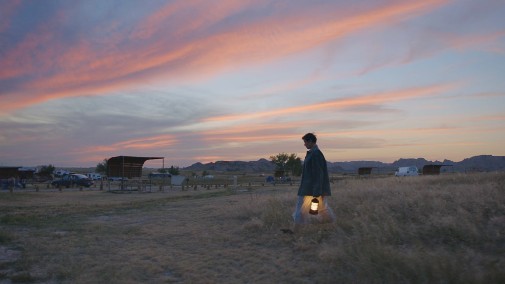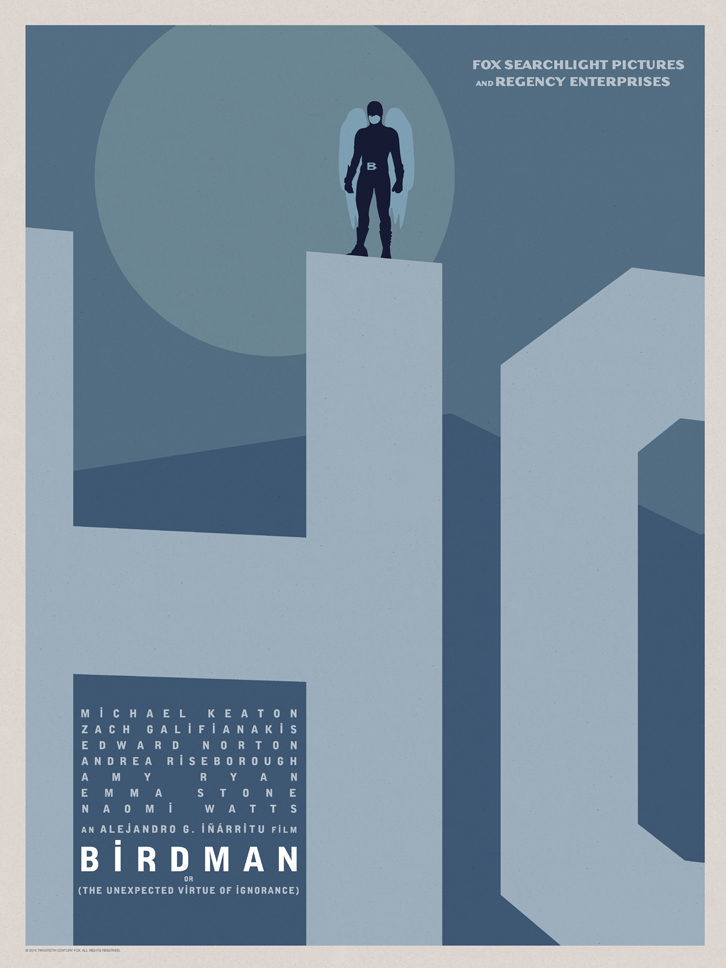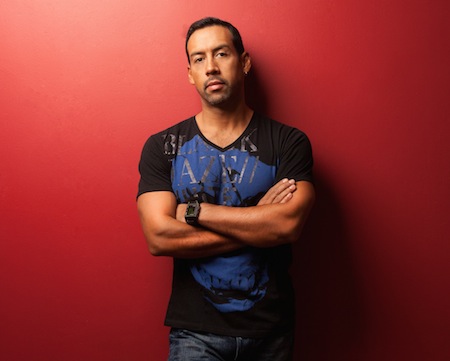Michael C. here to take a cue from the Summer movie season and release the first Burning Questions sequel.
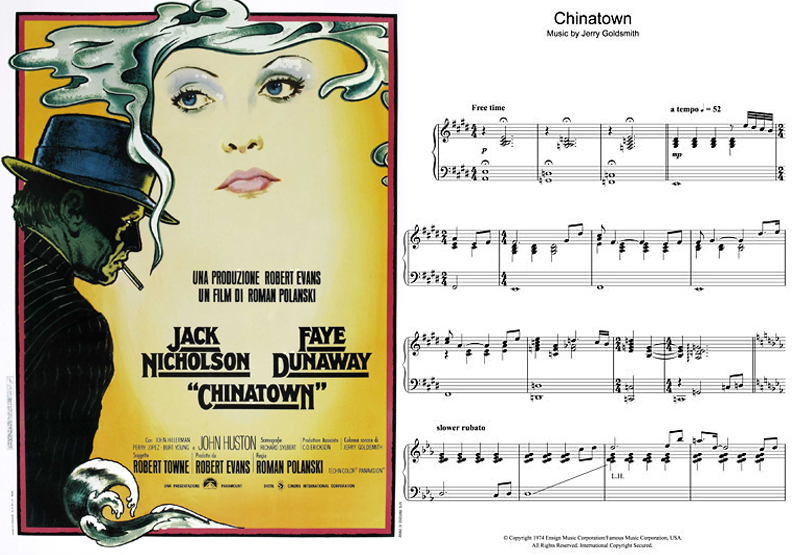
The story goes that at the eleventh hour the original score to Chinatown was deemed a film-ruining disaster and composer Jerry Goldsmith was brought in and given just ten days to write a replacement. Miraculously, the score Goldsmith delivered turned out to be the quintessential film noir soundtrack. When the AFI listed the 100 greatest film scores Goldsmith’s trumpet-laced masterwork ranked #9. So a happy ending, which is one of the rare times when that phrase can be used in conjunction with Chinatown.
This is a terrific example of the filmmakers having the resources – and more importantly the will – to strive for perfection even if it meant taking a risk late in production. We’ve all heard enough terrible soundtracks to know tales such as this are bound to be the exception rather than the rule. Perhaps commissioning a new score would be too much of a hassle or too big an expense. Maybe the filmmakers in question are blind to the damage the music is doing to their movies. Then there are those unfortunate cases which are merely the victims of their times. Today’s trendy soundtrack is tomorrow’s time capsule punchline.
These musical misfires are the subject of today’s column. A few months back I posted a colum asking for the names of great soundtracks wasted on lousy movies. This time it’s the opposite question: Which scores are movie killers? I’m talking soundtracks that seriously distract and detract from otherwise quality movies.
I’ll get the ball rolling with these three unfortunate cases that never fail to aggravate me:
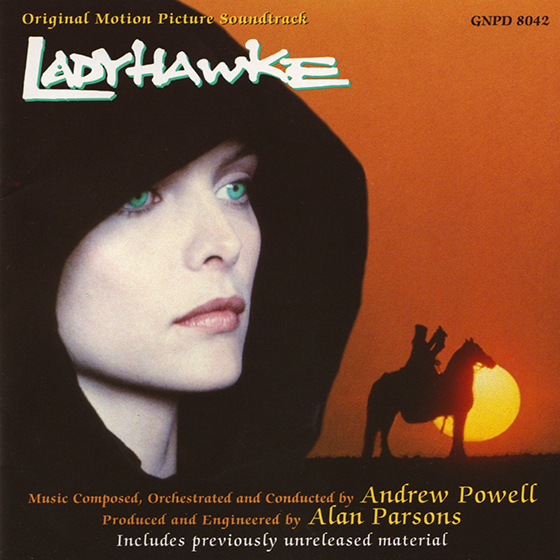 Ladyhawke (Score by Andrew Powell)
Ladyhawke (Score by Andrew Powell)
I chose Ladyhawke as a particularly odious offender, but really, on the subject of disastrous scores, one could simply type “The 80’s” and move on. So many of that decade’s artificial, synth-heavy scores that have aged like rotten fruit, stinking up countless otherwise strong movies. (Manhunter, I’m looking in your direction) Ladyhawke’s music is so bad I wonder if the film would actually work better as a silent film. Or hit the subtitles and play a classical music channel on Pandora. Any random shuffle has got to be an improvement
Planes, Trains, and Automobiles (Score by Ira Newborn)
This is also an eighties title, but I think it’s such a uniquely awful case of a score bringing an otherwise terrific comedy to a screeching halt that it deserved to be singled out. Exhibit A on why experimental scores and comedy rarely go together and why you should never, ever mix snippets of the film’s dialogue into the score.
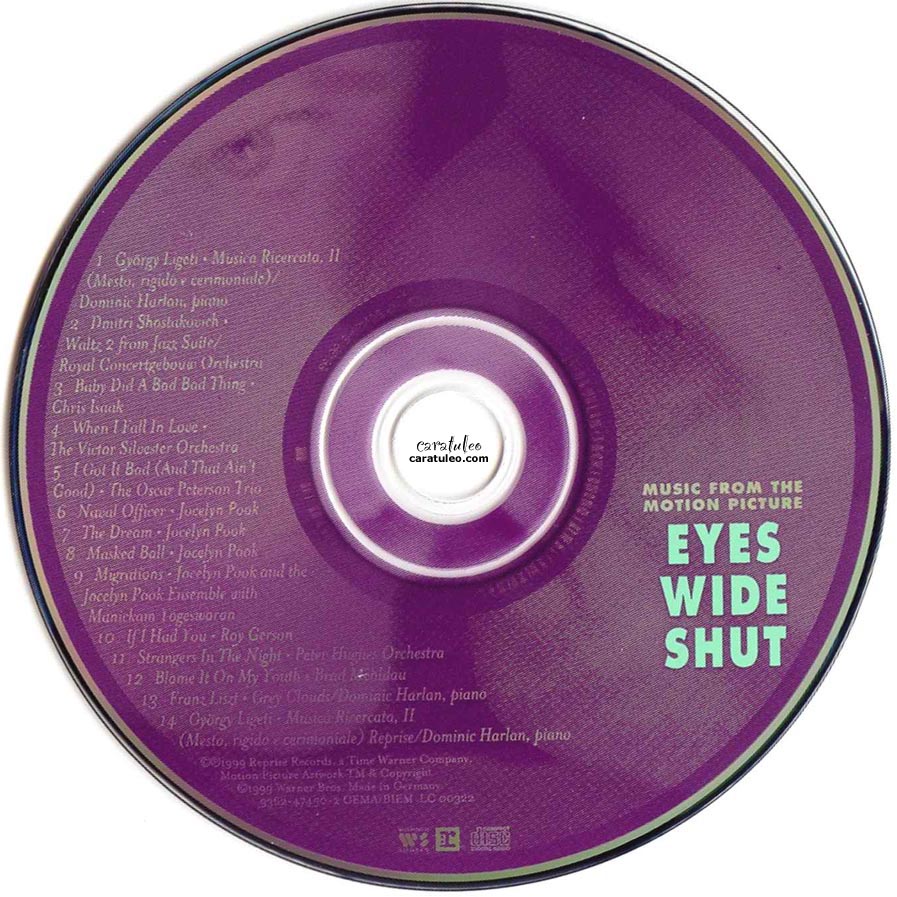 Eyes Wide Shut (Score by Jocelyn Pook)
Eyes Wide Shut (Score by Jocelyn Pook)
I have struggled with this title since it came out, but if there is one thing that will always stand between me and fully appreciating this fascinating waking nightmare of a movie it is that godforsaken plink-plink-plink piano score. I can imagine a psycho killer from Hannibal using this music to torture a victim tied up in their basement. Before you say it, yes, I freely admit that this may have been exactly what Kubrick was going for, but even if I believed this to be true (I don’t) it would make no difference. The music is viscerally alienating in a way that bypasses the intellect entirely, like jackhammers or squeaky balloons. Just thinking abou it sets me on edge.
Previous Burning Questions
You can follow Michael C. on Twitter at @SeriousFilm. Or read his blog Serious Film
 Wednesday, April 21, 2021 at 4:20PM
Wednesday, April 21, 2021 at 4:20PM 